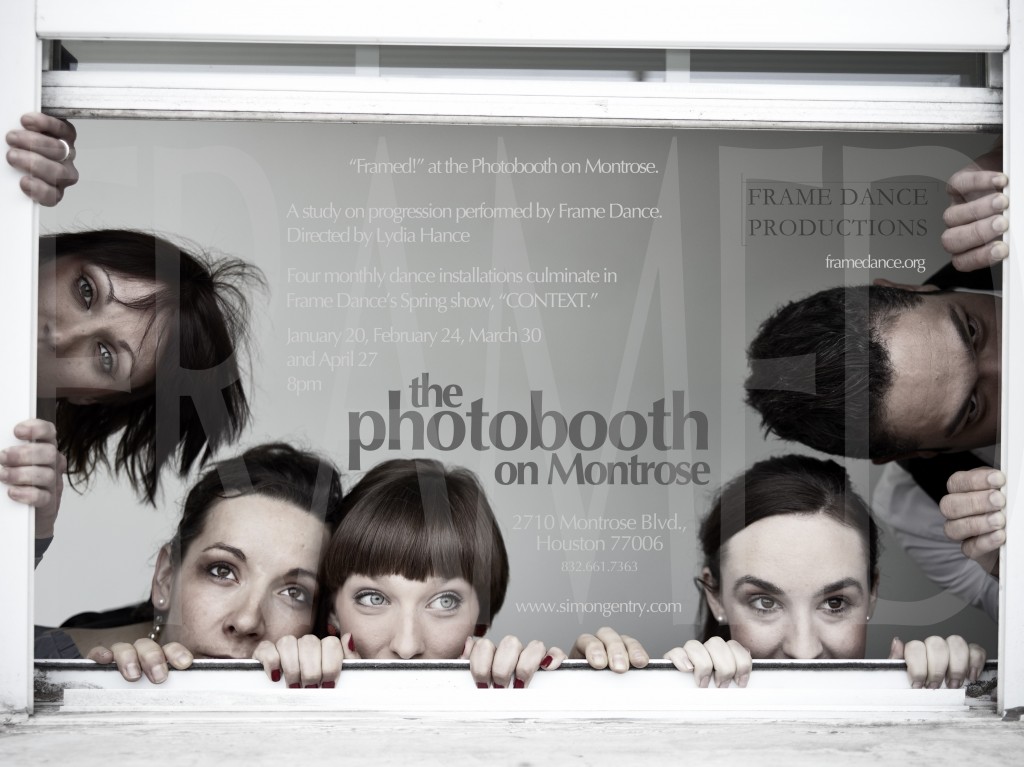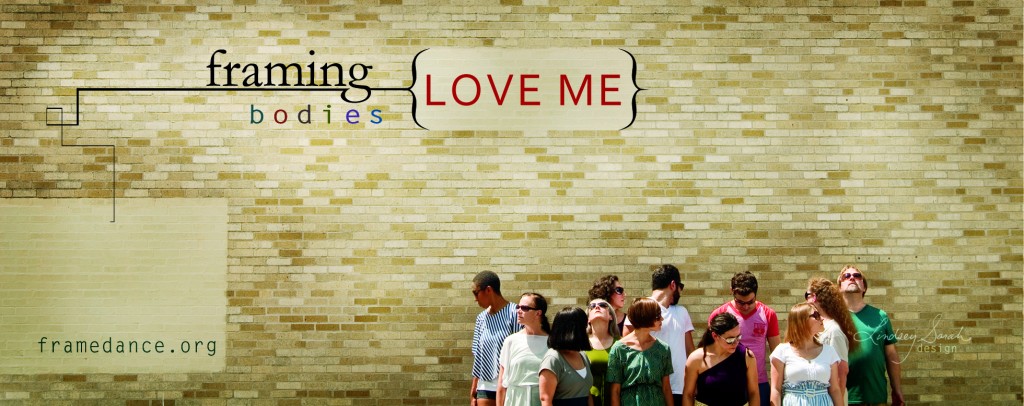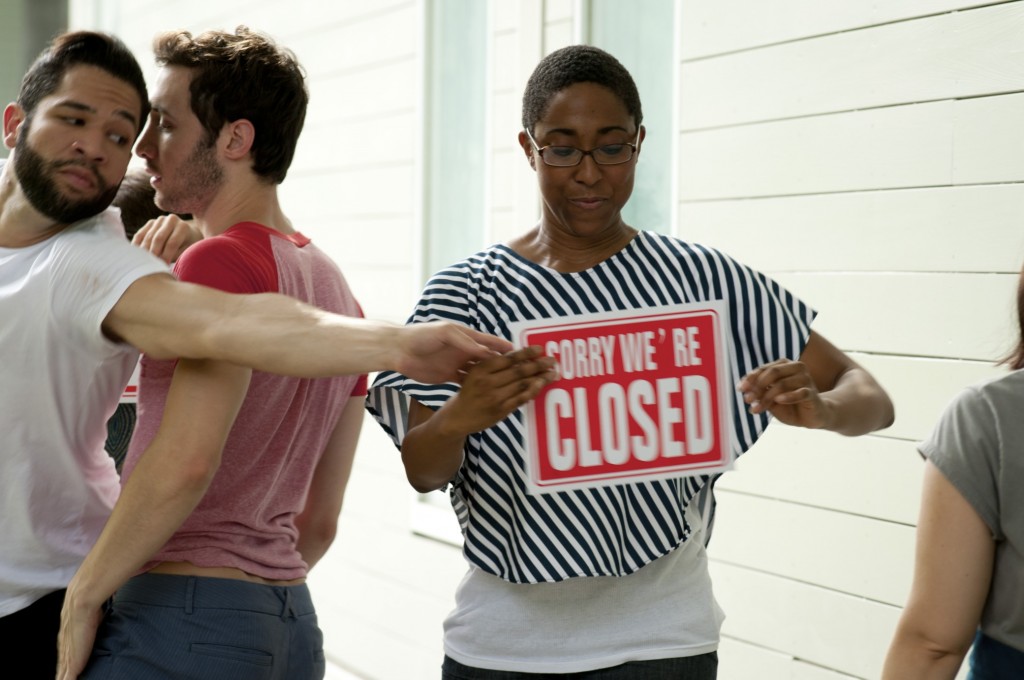Hi Lydia,
First of all, thank you for putting this show together. Being there today was very fulfilling for me–there’s something to be said for being a part of something instead of solely witnessing it. There were two concepts in particular that I pondered today. First, and perhaps close to the theme of the show, the concept of using art not only to serve as the focus of our attention but also as the context within which we focus our attention. I enjoyed studying the photographs before the dancers emerged, but there was something about having them in the room with us that made the photographs come alive for me. I think it was because I felt a more human connection to them; I found myself feeling much more sympathetic, much more excited for them while looking at the photos a second time. The reverse also happened–after studying the photos, I started paying closer attention to the dancers’ movements, watching for those same milliseconds of magic that your photographers had captured on the walls.
The second concept was that of making the art interactive, of allowing the audience to shape both their own experiences and the experiences of the other audience members. This freedom and encouragement left me feeling extremely connected to the show. So often do we sit in bleacher seats locked into whatever show is being performed for us; it was really empowering and engaging to think to myself, “How can I contribute to this moment?” Having the permission to think that thought almost prevents apathy, since you take on a bit of responsibility for the show yourself.
It was fascinating to me to watch the audience cope with the rules of the game. At first, everyone cleared out of the way, giving dancers space to move. Most people stayed in that formation, but a few moved around the space. And as I mentioned to you during the show, no one spoke. My hypothesis is that as soon as the dancers became the focus of attention, spoken word was no longer considered a viable means of communication. You couldn’t talk to the dancers, since (one assumed) they wouldn’t talk back, and distracting other audience members from the show seemed inappropriate. This second part seems funny to me, considering that talking with an audience member would shape their experience in a certain way, which is exactly what you had given us permission to do.
All of this makes me wonder what it would take to prepare an audience for an interactive experience like this such that the majority of people would participate. I was surprised to learn that this was the first show of the weekend in which people interacted with the dancers–there’s got to be a way! From my perspective, taking the opportunity to interact with the show is so much fun, it’s sad to think that so many people are letting themselves get away with not taking advantage of it. Of course, I don’t want to generalize my own feelings toward this, as I am sure there are many people who would find participating highly uncomfortable. But I know there are others who would love it once they tried it.
This also makes me wonder about how central the proscenium stage is to performance art, particularly dance. If you’re performing in-person, why not take advantage of all dimensions? Move around your audience, above them, through them, behind them, below them…you can move in front of them as well, but don’t restrict yourself to it. I saw Pina a few months ago and marveled at how well the 3-D technology captured the depth of her dancers’ movements. Now, I’m reconsidering my stance.
Anyhow, thanks again for a great Sunday afternoon. I hope you continue to challenge audiences in similar ways.
-AR




